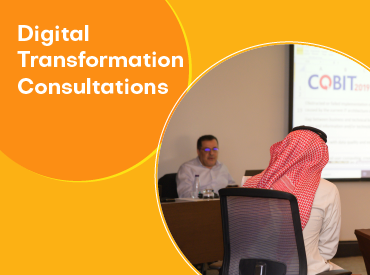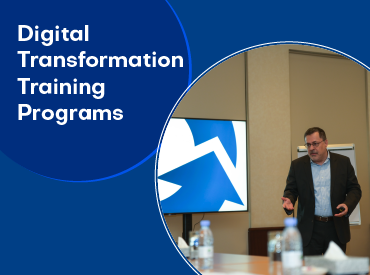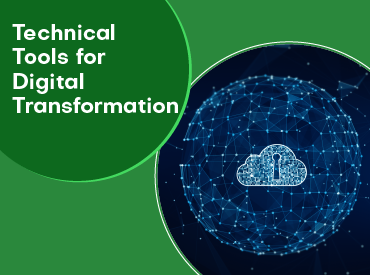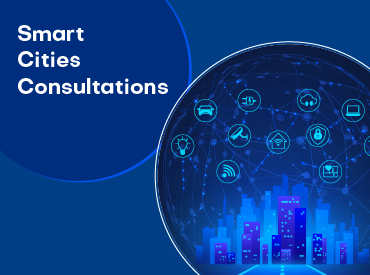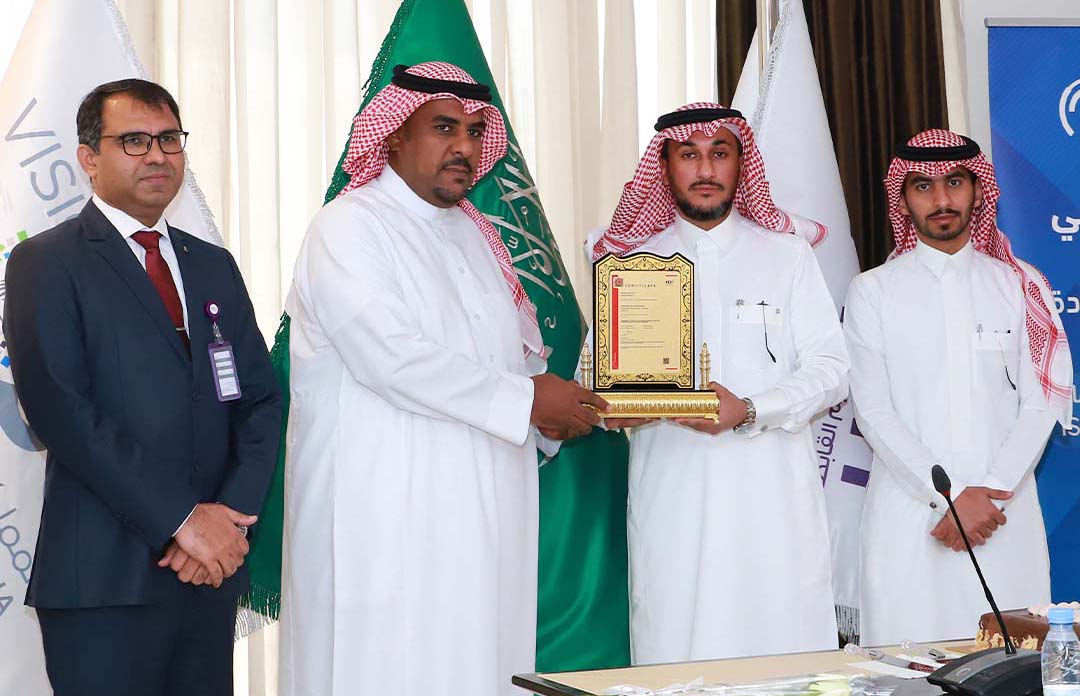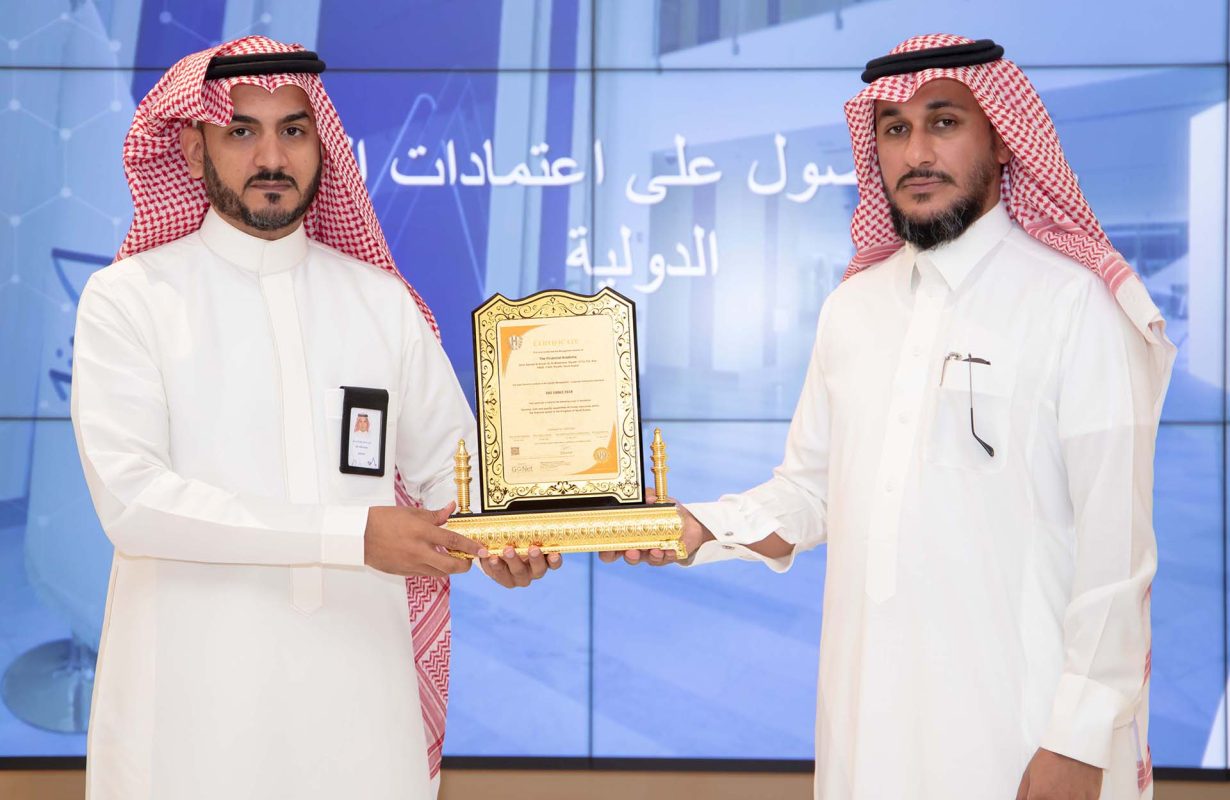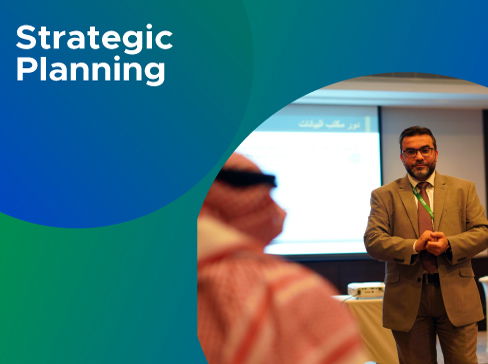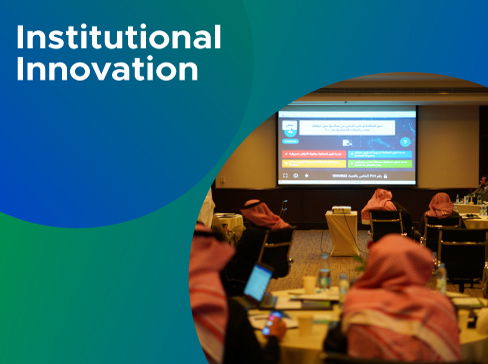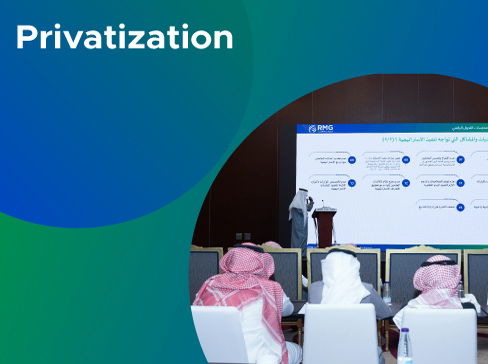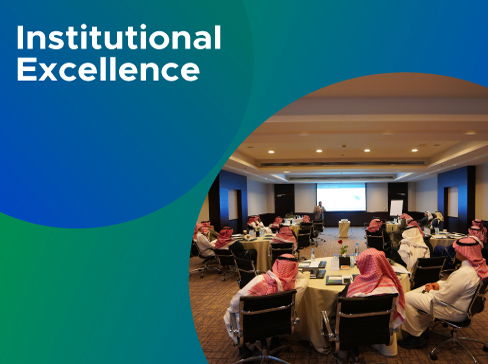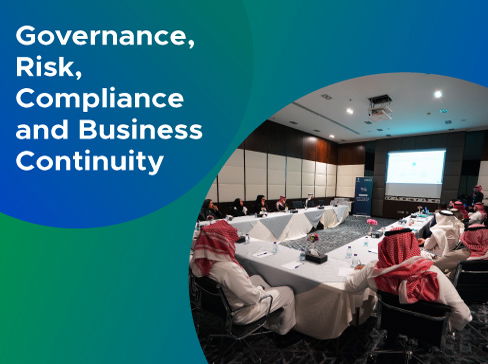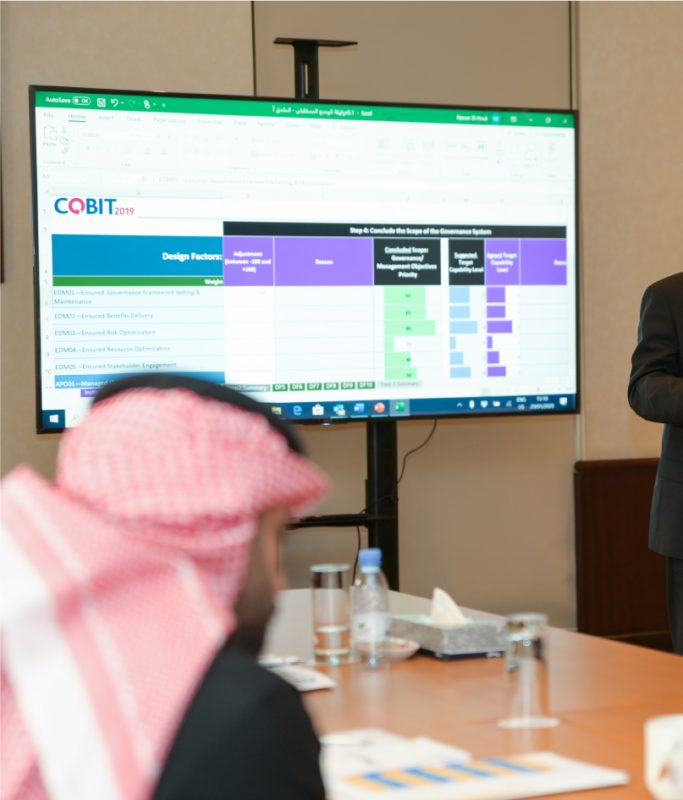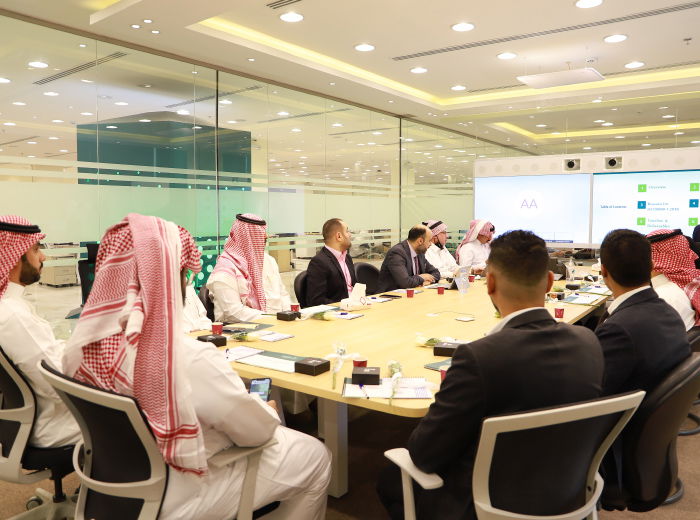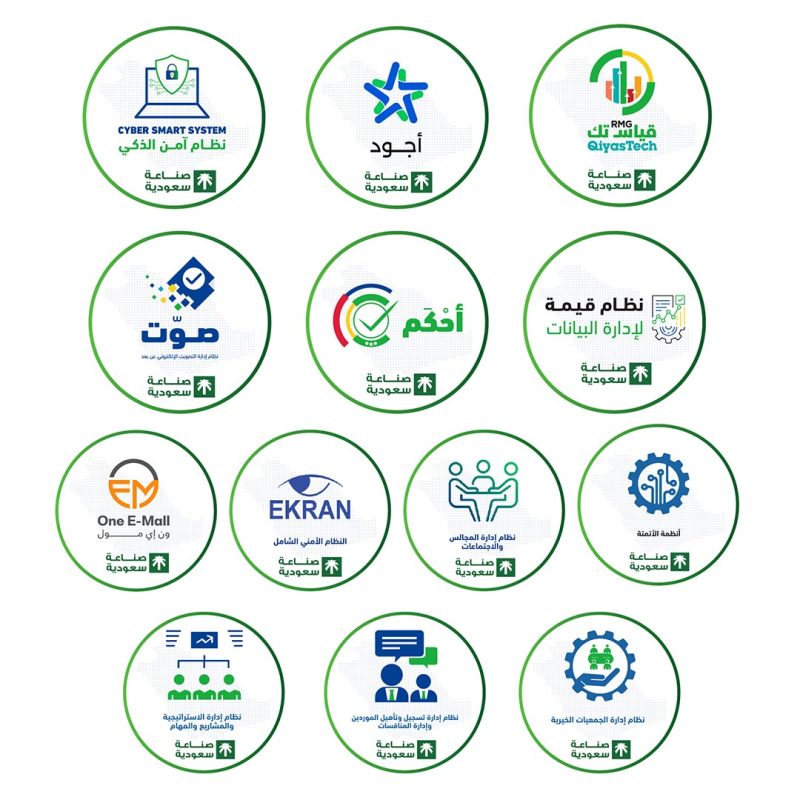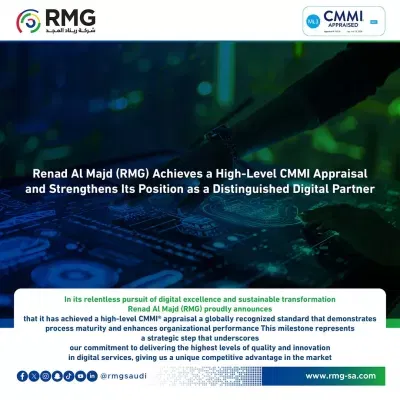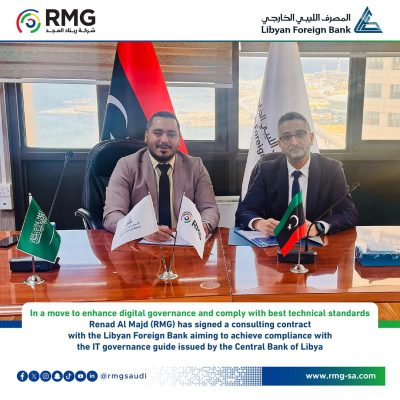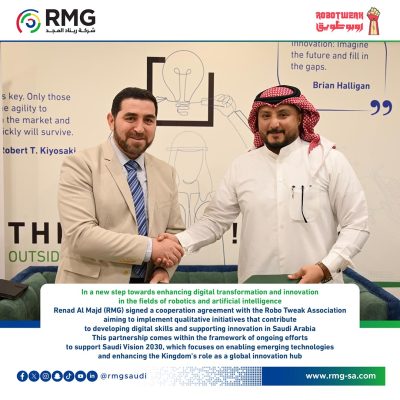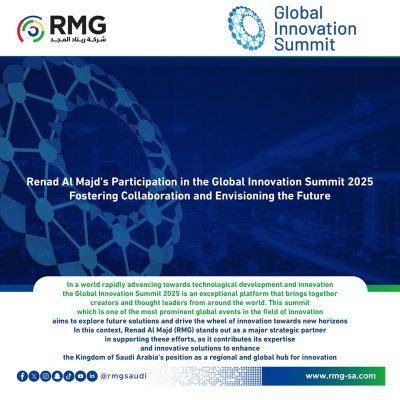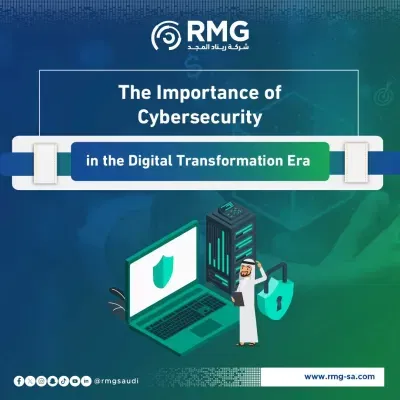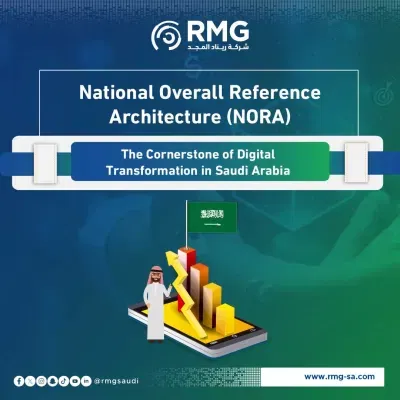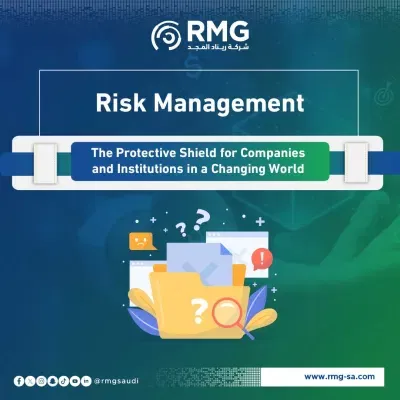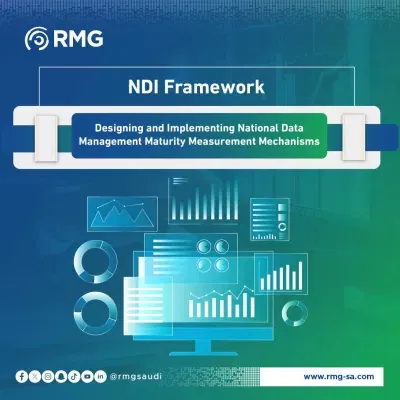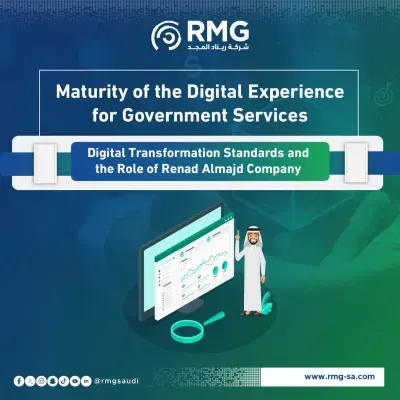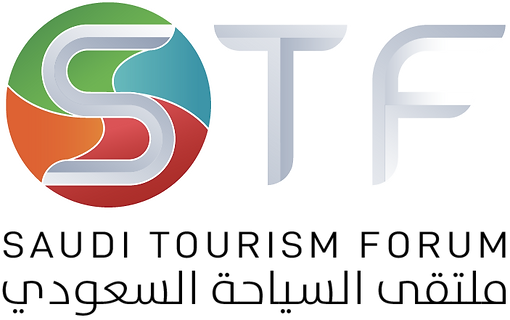Blog Body

Internet governance presents a multifaceted challenge; it is not merely a technical management of a network but a comprehensive organizational process that intertwines technical, political, social, and legal considerations. This process, aimed at managing and regulating internet usage, faces increasing difficulties due to the remarkable advancements in this field. Each new development adds another layer of complexity, necessitating the continuous evolution of governance mechanisms.
Key Challenges

International Cooperation and Multistakeholder Engagement
The cross-border nature of the internet poses a significant challenge in governance. This requires meticulous coordination among nations, international organizations, civil society, and the private sector, facing considerable obstacles due to differing national policies, cultures, and priorities. For instance, perspectives on government oversight of the internet, data protection, and freedom of expression vary widely, hindering the development of universally accepted standards. A report from the Internet Governance Forum emphasizes the importance of bridging the digital divide and unifying international efforts to address this challenge.

Cybersecurity and Privacy
Cybersecurity and privacy protection stand out as critical challenges in internet governance. With the rise of cyberattacks and evolving tactics, establishing effective governance strategies to counter these threats becomes essential. This includes risk assessments, penetration testing, and the development of advanced security programs. Additionally, safeguarding data privacy has become increasingly challenging with the expansion of data collection and analysis. Kaspersky highlights the importance of testing and development to tackle the challenges of Internet of Things (IoT) security.

Digital Divide and Accessibility
The challenge extends beyond technical aspects of the internet to encompass accessibility. There exists a significant digital divide between developed and developing countries, as well as within nations among various social and economic groups. Achieving digital inclusivity for all requires integrated efforts to expand communication infrastructure, provide affordable access, and enhance digital education. A United Nations report indicates that a lack of awareness about the benefits of the internet poses an obstacle to its increased usage.

Emerging Technologies
Emerging technologies such as artificial intelligence, blockchain, and the Internet of Things introduce a new dimension to the challenges of internet governance. While these technologies offer immense opportunities for improving efficiency and innovation, they also raise concerns regarding privacy, ethics, and social and economic impacts. This necessitates the establishment of appropriate legal and regulatory frameworks that balance the encouragement of innovation with the protection of user rights.

Content Management and Freedom of Expression
Digital content management is a sensitive issue that generates widespread debate, as the right to free expression intersects with the need to protect users from harmful or misleading content. The challenge lies in establishing effective content management mechanisms that strike a balance between these considerations while adhering to international human rights standards.

Adapting to Continuous Change
The internet is characterized by rapid evolution and ongoing changes in user behavior. This requires governance systems to be flexible and capable of adapting to these changes. A report from ESCWA emphasizes the importance of keeping pace with technological developments in internet governance.

The Necessity of International Cooperation for Internet Governance
Building a safe, fair, and beneficial internet for all demands addressing the complex and multifaceted challenges that confront internet governance. This task calls for intensive international cooperation, the adoption of innovative ideas, and the establishment of comprehensive strategies capable of keeping up with the rapid developments in this field. you can rely on Renad Al Majd Company (RMG), which provides you with a range of leading services in the field of digital transformation, data management, cybersecurity, information technology solutions, consulting, and specialized training through a distinguished group of experts and consultants.
To benefit from the governance services provided by Renad Al Majd Company (RMG), you can communicate by clicking on the following link: CONSULTING OR TRAINING REQUEST | RMG company



